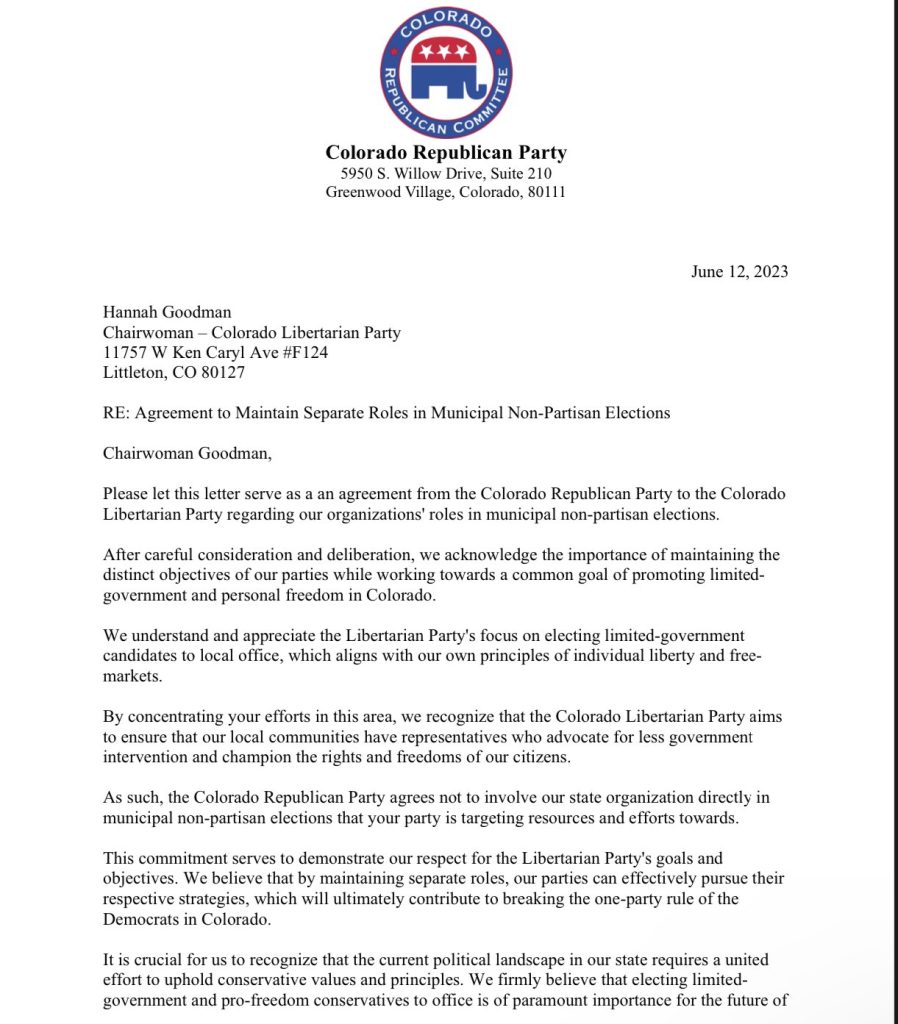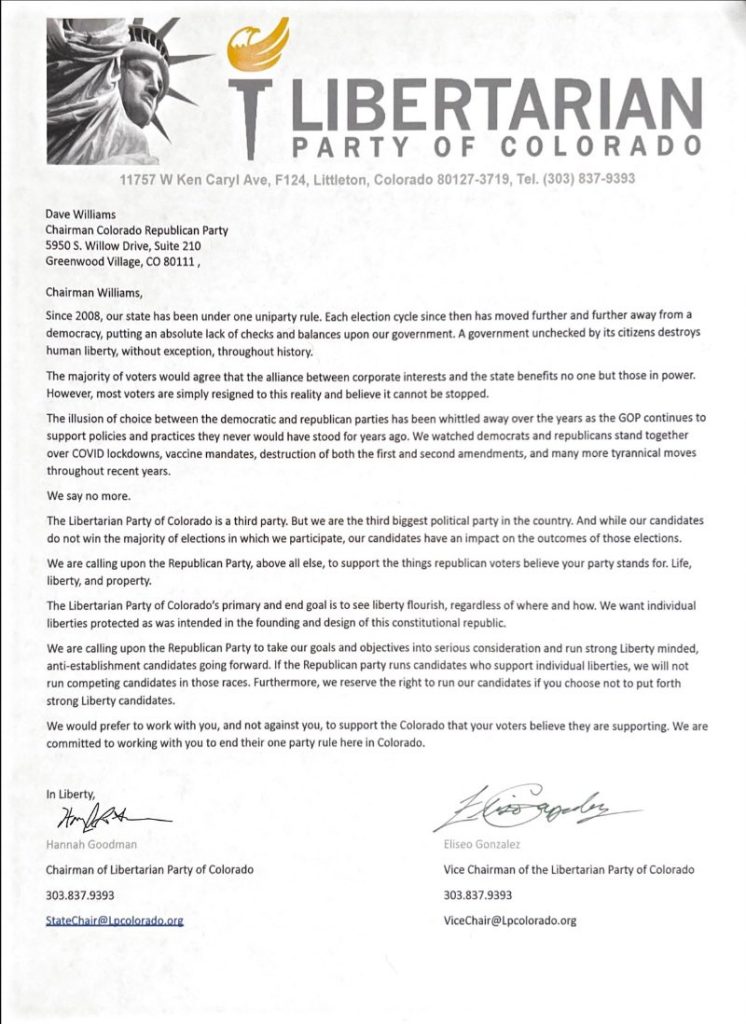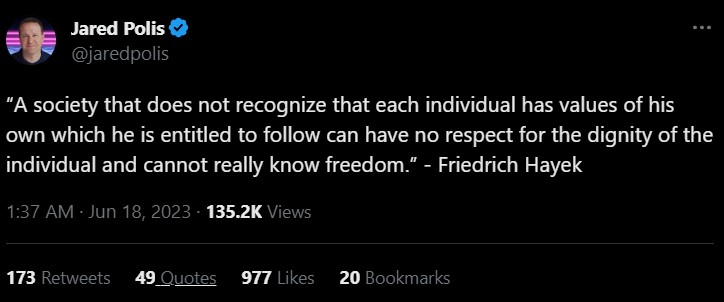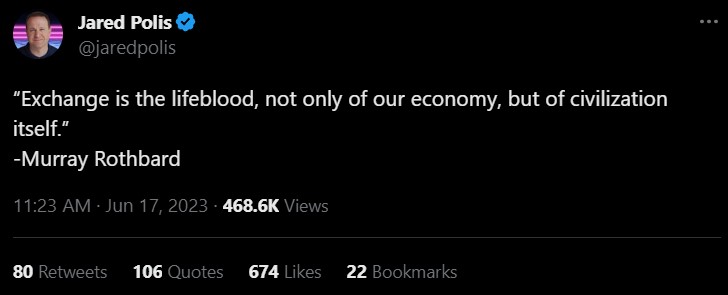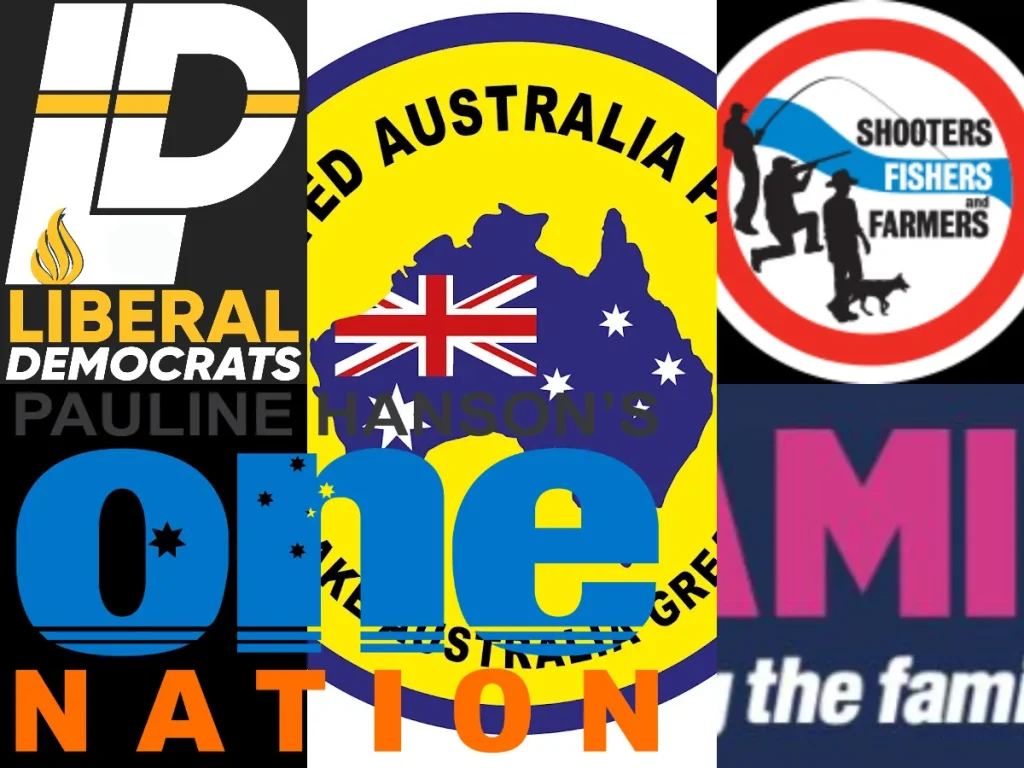Can libertarianism become a brand in Australia?
Dean Russell, a staff member at The Foundation for Economic Education (FEE), was the first to propose that America’s classical liberals and individualists rebrand themselves as “libertarians.” In an article published by FEE in 1955, Russell wrote: “Let those of us who love liberty trade-mark and reserve for our use the good and honourable word ‘libertarian.’”
That good and honourable term was actually coined, or at least first used in print, by William Belsham in 1789. At that time, and until its political repurposing by Russell, it denoted a distinct philosophical school in the context of debates about free will. The opponents of philosophical libertarians then were necessitarians.
The context for Russell’s proposal was the perversion of the term “liberal” in the American political context at the hands of big government New Deal interventionists. This development led to the rather awkward, and unusual, situation of political opponents using exactly the same language to define themselves. The libertarian rebrand was, if nothing else, an admission of defeat: the term “liberal” had been irredeemably corrupted in the eyes of American liberals who identified with the tradition of nineteenth century liberalism and the principles of the American revolution. Yet, it proved to be wildly successful and is now in wide usage by America’s liberty lovers in all their diversity and eccentricity. Indeed, there now exists a robust “libertarian” ecosystem in America, replete with think tanks, academics, journalists, magazines, personalities, the odd celebrity and a political party to boot.
The truth is that the liberalism rebranded libertarianism in America, and only belatedly in Australia
However, this linguistic turn, which proved so successful in the American context, has struggled to find relevance and application in other contexts like Australia. Here, “liberal” has stubbornly retained its nineteenth century brand connotations, if not its genuine ideological content. Thanks to the dominance of the Liberal Party as the right-hand pole in Australia’s bipolar political contest, the term “liberal” continues to evoke in the minds of many political consumers something right of centre, as amorphous, incoherent and ill-defined as that may be. This brand phenomenon has served as a bulwark against the kind of leftward semantic evolution that the term “liberal” underwent in early twentieth century America.
Moreover, the most ambitious among those who now embrace the term “conservative” to describe their political identity still find the Liberal Party of Australia to be the most conducive vehicle for political influence, notwithstanding pressures and temptations from Australia’s motley collection of right-wing populist minor parties. As such, Australia’s Liberal Party boasts an influential conservative wing, described routinely in left-friendly media outlets as the “hard right” or “far right.” This association of the term “conservative” with “liberal,” let alone “hard right” with “liberal,” is an association that simply does not exist in the American political market. It is a peculiar distinctive of the Australian political landscape, a quirk, as it were. It does, however, provide yet further explanation for why the term “liberal” has resisted its American descent into the semantics of liberal progressivism, at least in the minds of the public, and through them the political vernacular of Australia
The term “liberal” had been irredeemably corrupted in the eyes of American liberals
The fact that Australia’s most successful libertarian party was founded under the name Liberal Democrats in 2001 and only changed its name to the Libertarian party in 2023 speaks volumes about the fortunes of the term “liberal” in Australia (there were legal reasons to change the name). It speaks, on the one hand, to the classical liberal connotations of the term in Australia of 2001, the golden age of Howard’s Broad Church, with its putative synthesis of Millian liberalism and Burkean conservativism. Its name change, on the other hand, in an era in which so-called “moderate” liberals in the Liberal Party stand for woke-lite social policy and a slightly less interventionist economic policy than the Australian Labor Party, signals the final severance of the conjunction “classical” and “liberal in the Australian context, more than 200 years after it arrived in the Australian continent with European settlement, and 68 years after a libertarian rebrand in America.
The Liberal Party is now constituted by incompatible liberal progressives and conservatives, neither of whom show any real interest in advancing the classical liberal cause. While an uneasy truce prevails following the sectarian civil war of the immediate past, they now inhabit a rather unhappy marriage of convenience. They sleep in separate bedrooms, but stay together for the sake of the kids, in this case the chance at electoral success. Meanwhile, Australia’s classical liberals have deserted the Liberal Party and thrown in their lot with Australia’s radical liberals to embrace, albeit with some consternation and anxiety, the label “libertarian.”
The challenge confronting Australia’s nascent libertarian movement, now that it has finally parted ways with the term “liberal,” is to galvanise Australia’s small but passionate band of liberty lovers around a term that is foreign to the Australian political lexicon. More challenging still, there is the task of cultivating a libertarian constituency that prizes and prioritises individual freedom, property rights, unhampered markets, limited government and peaceful international relations in a country whose founding mythos and national identity are not centred around the concept of liberty, as they are in America. The truth is that the liberalism rebranded libertarianism in America, and only belatedly in Australia, are different species of the genus “liberalism,” each with their own distinct origins, political histories and intellectual development. All political ideologies face a temptation in the Australian context to simply ape and regurgitate the loud, exciting and flamboyant political ideas and innovations that inevitably flow downstream from America to Australia. This is a particular temptation for Australia’s right-wing heirs of the liberal tradition who have recently chosen to embrace the language of the much more highly developed and institutionalised ecosystem in America. If libertarianism is to have any future at all in Australia, it will need to take inspiration from the best that American libertarianism has to offer and adapt, refine and develop it for the unique socio-political environment of Australia.




